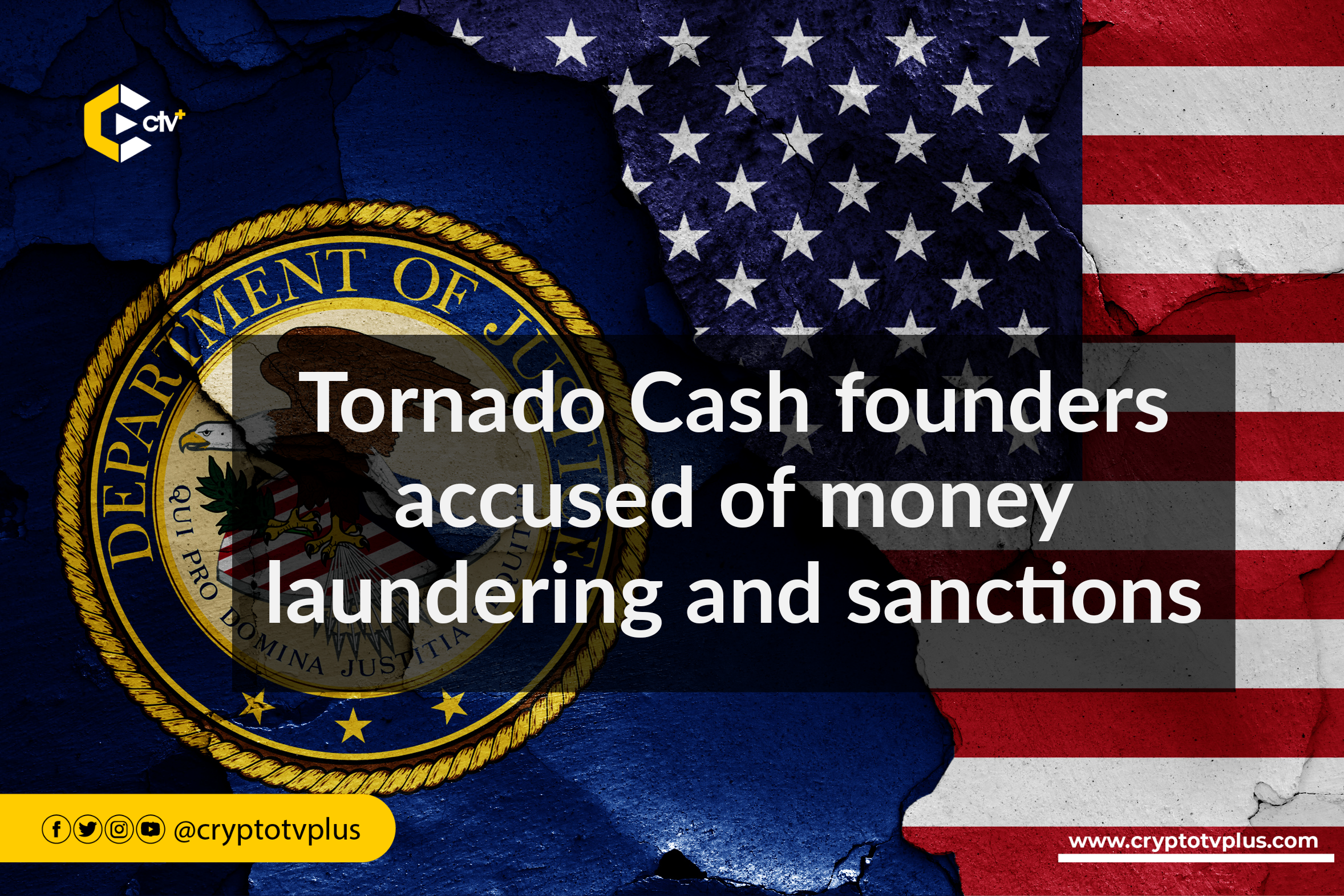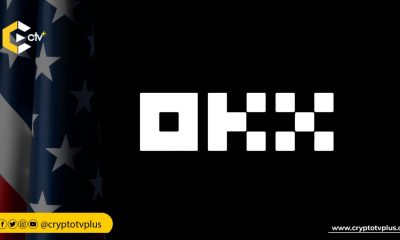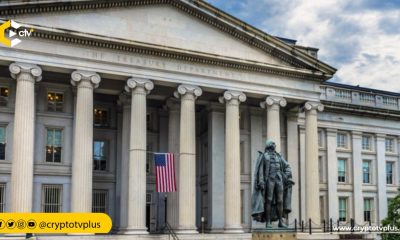News
Tornado Cash founders accused of money laundering and sanctions

The co-founders of Tornado Cash, Roman Storm, and Roman Semenov, are now facing legal charges with the Department of Justice. The duo have been charged by the agency with conspiracy to commit money laundering, conspiracy to commit sanctions violations, and conspiracy to operate an unlicensed money-transmitting business.
According to the DoJ, these charges stem from allegations that they were involved in facilitating over $1 billion in money laundering transactions, with funds being laundered on behalf of the Lazarus Group, a North Korean cybercrime organization under sanctions.
Tornado Cash is a well-known cryptocurrency mixer app designed to enhance privacy and anonymity for cryptocurrency transactions. It allows users to mix their digital assets with those of others to obscure the origin of the funds, making it challenging to trace transactions back to their source.
This service aims to provide enhanced privacy by breaking the link between the sender and recipient of cryptocurrencies, making it more difficult for observers to track transactions.
However, the use of mixers like Tornado Cash has also raised concerns about potential misuse for money laundering and other illicit activities, leading to regulatory scrutiny in some cases.
While the two individuals were charged in court, Storm was apprehended in Washington. The indictment asserts that Storm and Semenov developed, operated, and promoted Tornado Cash.
In addition, the accusations suggest that they knowingly permitted the laundering of hundreds of millions of dollars in hacking proceeds through their service as they did not implement required know-your-customer (KYC) or anti-money laundering (AML) programs.
Tornado Cash banned before
The Department of the Treasury’s Office of Foreign Assets Control (OFAC) previously banned the use of Tornado Cash due to its involvement in money laundering, particularly by Lazarus Group.
The Lazarus Group reportedly utilized Tornado Cash to launder funds after a significant hack on the NFT game Axie Infinity’s Ronin Bridge.
Hints on the case suggest that Storm and Semenov could face sentences of up to 20 years in prison for each money laundering charge and up to five years for conspiracy to operate an unlicensed money-transmitting business.
Although the final sentence will be determined by the U.S. Sentencing Guidelines and other statutory factors if the defendants are convicted.
The FBI and IRS-Criminal Investigation are leading the investigation, while the Justice Department’s Office of International Affairs has provided support.
Read also; FBI discovers stolen 1,580 BTC by Lazarus Group, warn of looming harm
























